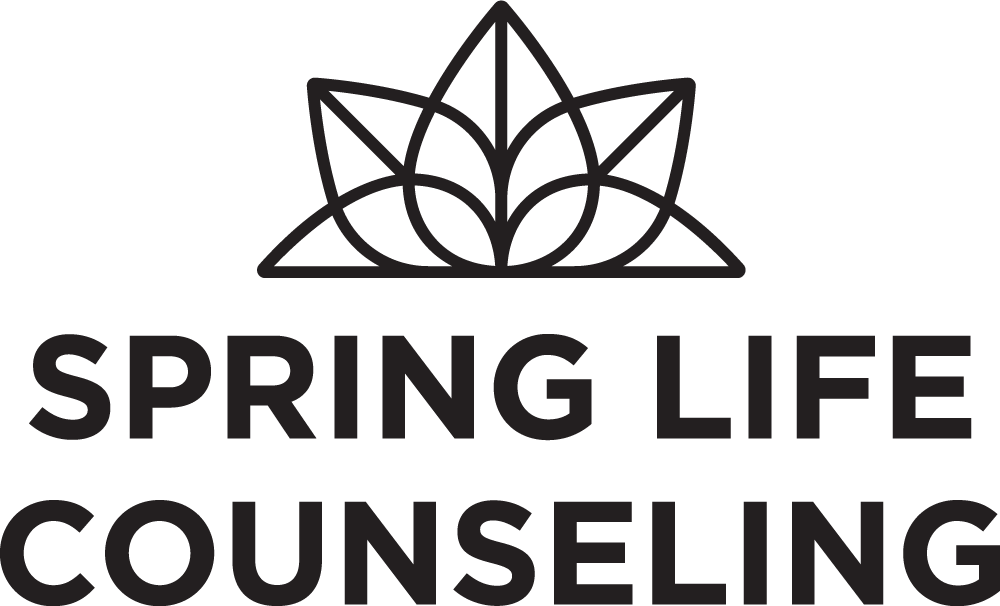How Does Maturity Mature?
Lately I’ve been thinking about the seasons of life. More specifically, I’ve been reading books about the changes we face both personally and professionally during midlife, which is defined as the period of time between ages 40 and 65.
I’ve been considering this question:
How can you measure your growth in maturity once you’re squarely in adulthood?
How does maturity…mature?
As it turns out, there are still ways to measure growth in yourself even though it’s a different measuring stick than how you measured growth in earlier stages of life.
The tasks of maturity (or milestones) during infancy, childhood, adolescence, and even young adulthood to an extent, are easy to spot and gratifying to meet:
Sitting up unassisted.
Feeding oneself.
Object permanence.
Going “pee pee on the potty.”
Learning to read.
Making friends.
Obtaining a driver's license.
Graduations.
Landing your first job.
Dating.
Moving out of your parents house.
These are all milestones people meet and often look forward to checking these outward signs of maturity off the list. Milestones are ways we can measure our maturation. And accomplishing milestones can signify our movement from one season of life to the next.
But once we are solidly in the phase of adulthood, it can be hard to measure our maturity and growth. Most of us start a career, sign up for health insurance and a 401K, buy a house, get married and have a few kids. But then what? Have we achieved maturity at that point? Once you look like an adult and talk like an adult, how do you know if you’re growing in maturity? How do you measure your growth?
The trouble with measuring maturity in adulthood is due to a few reasons. First off, demographic milestones don’t apply across the board. Not every adult gets married and/or has kids. Mother Teresa was an adult but didn’t have a husband, kids or any of the possessions that signify adulthood. Second, the milestones have slowed down. In adulthood, you’re not rapidly blowing through developmental tasks. Third, the outward signs of adulthood that remain can often come in the form of material things or solely in the area of our careers. These aren’t good indicators of maturity (and frankly, we all know some idiot with a super nice boat, or you’ve seen your boss’s son get a promotion regardless of his competency).
So how are we to measure health and growth in the long season of adulthood without having many milestones to work toward? Like do we just get older or are we really becoming more mature? Are you essentially just a boy who can shave or have you honed the emotional competency to be a man? Once the outward signs of adulthood are met, how does one measure maturity?
In young adulthood, we gather hard skills. We learn a trade, get a degree, or work an apprenticeship. Others get married or begin a family, leaning more into demographic adulthood. Conversely, the tasks of midlife are typically classified as soft skills. Can you maximize your lot in life by leaning on not only your know-how but also the wisdom to apply it with the people around you.
To make matters more complicated, the seasons of adulthood seem to vacillate between advancement and investment. It’s either time to dig deep or forge new ground. Recognizing what season you’re in is important for your wellbeing. We have to make sure that our efforts match the season. Otherwise, we will feel like we are being ineffective.
What follows isn’t an exhaustive list, but here are some items that I believe are worthy measuring sticks to assess our maturity level in adulthood. Essentially these are soft skills that can make or break your health in adulthood.
Try some of these on for size so you can begin to identify what areas you need to work on next.
Are you able to find and maintain strong, healthy relationships?
Do you trust yourself in conflict to neither become a doormat or a steam roller?
Can you repair relationships after ruptures?
Are you less emotionally reactive than you use to be?
Has your judgment improved?
Do you make values-based decisions or are you more responsive to the moment?
Can you take responsibility for your actions instead of playing the blame game?
Do you practice self-care as needed?
Are you aware of your hurts, habits and hangups?
Have you cultivated trust with yourself and others?
Do you know how and when to practice healthy boundaries?
Are you knowledgeable of the ways you self-soothe during stressful times?
Have you found something larger than yourself to guide your life?
Identify which areas of your maturity could use the most shoring up and seek resources to fill those weak spots in. Reach out if you want some suggestions of resources! This is the true work of maturity in adulthood, and as you may have heard, there comes a point when you’re the most adulty adult around, so you better get to adulting!

